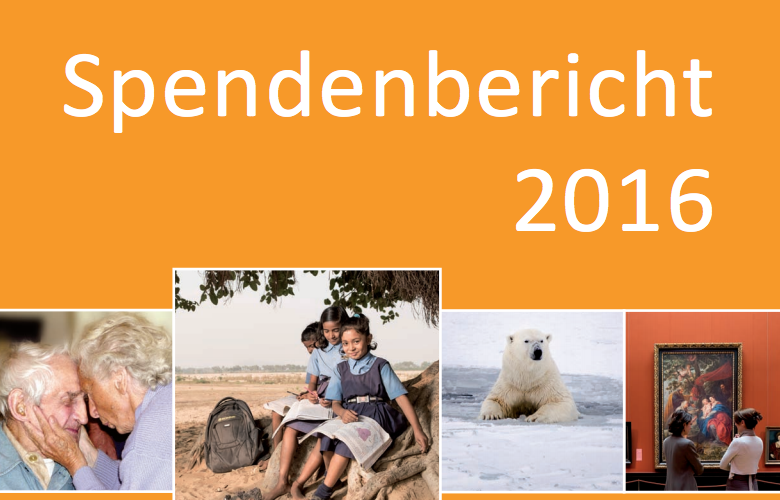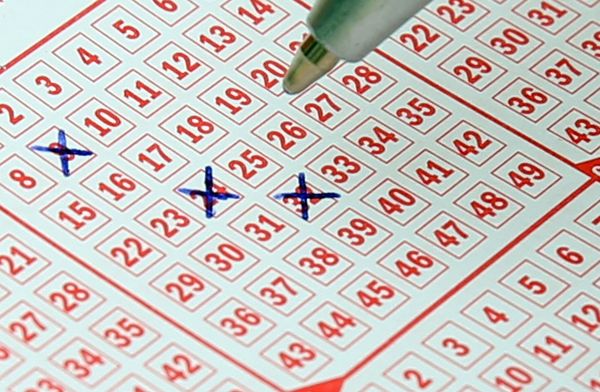
Austria maintains record giving levels in 2016
December 8, 2016
Fundraising income rises for fifth consecutive year in Ireland
December 8, 2016Sweden is considering the introduction of a gambling licence system with the aim of opening up the country’s state-controlled monopoly gambling marketplace to include not only non-profit organisations and state players but also foreign commercial operators.
Statistics from the Swedish gambling authority Lotteriinspektionen show that 23% of gambling in Sweden is currently operated by companies without a licence. The investigation has been proposed as a way of promoting responsible gambling and improving consumer protection, as well as to make the gambling market more attractive to large-scale operators.
However, while revenue from lotteries has historically been tax-free for charities, currently providing the sector with more than €1.6bn a year, it is feared that the new system may lack vital special terms, including tax exemption on income, for non-profit lotteries.
Simon Holmesson, political secretary at IOGT-NTO said:
“Funding through lotteries makes voluntary organisations more independent and less reliant on government funding. It is crucial that the new system proposes special terms for voluntary organisations that would enable them to operate lotteries and other gambling products without paying any tax on their resulting revenue.”
The investigation is also expected to review the need for additional requirements on the marketing of gambling and lotteries, and to look at how to prevent unlicensed service providers from marketing their services in Sweden.
The results of the investigation are due to be made public on 31 March 2017 when it will then go to consultation with the aim of taking the proposals to Parliament in June 2018. The new system would then be expected to come into effect in January 2019.




